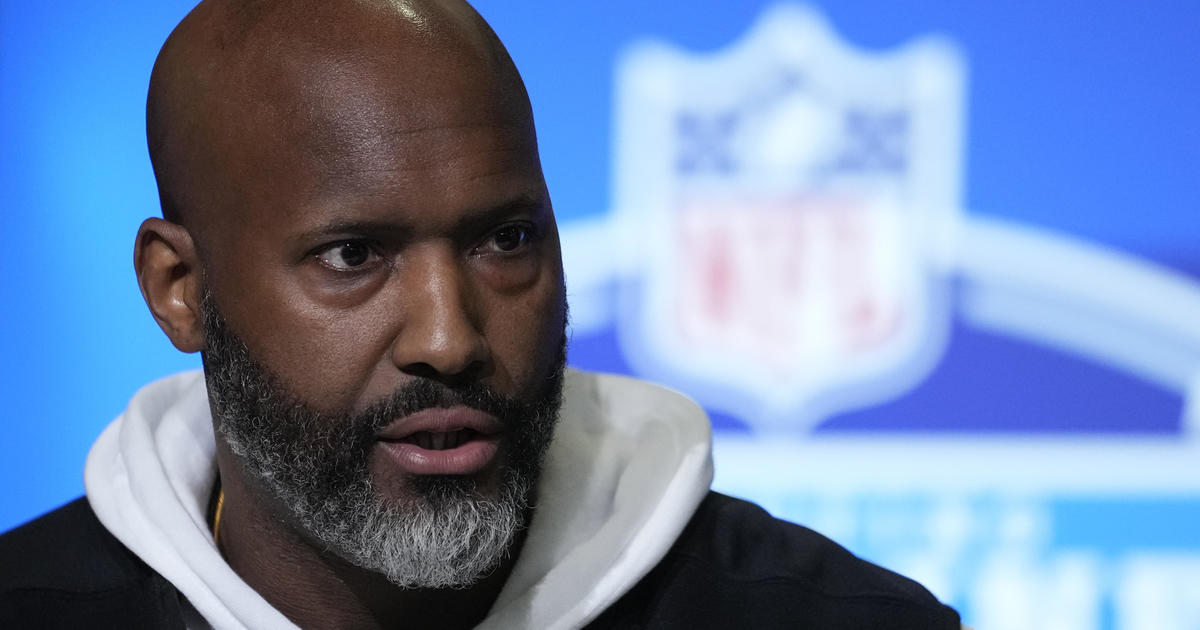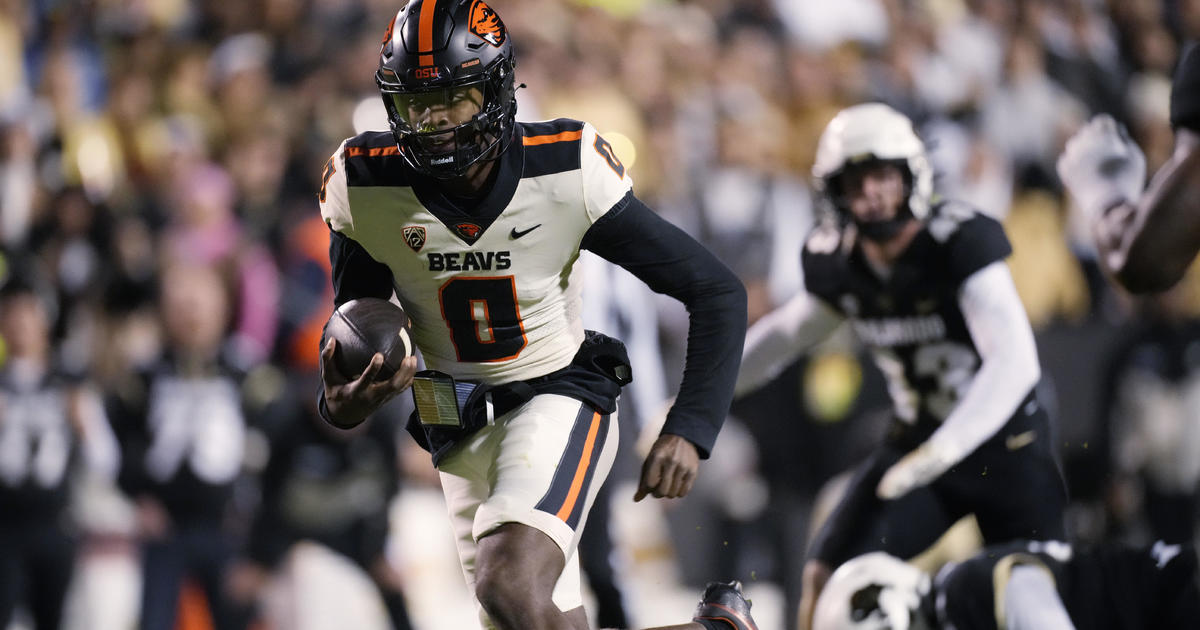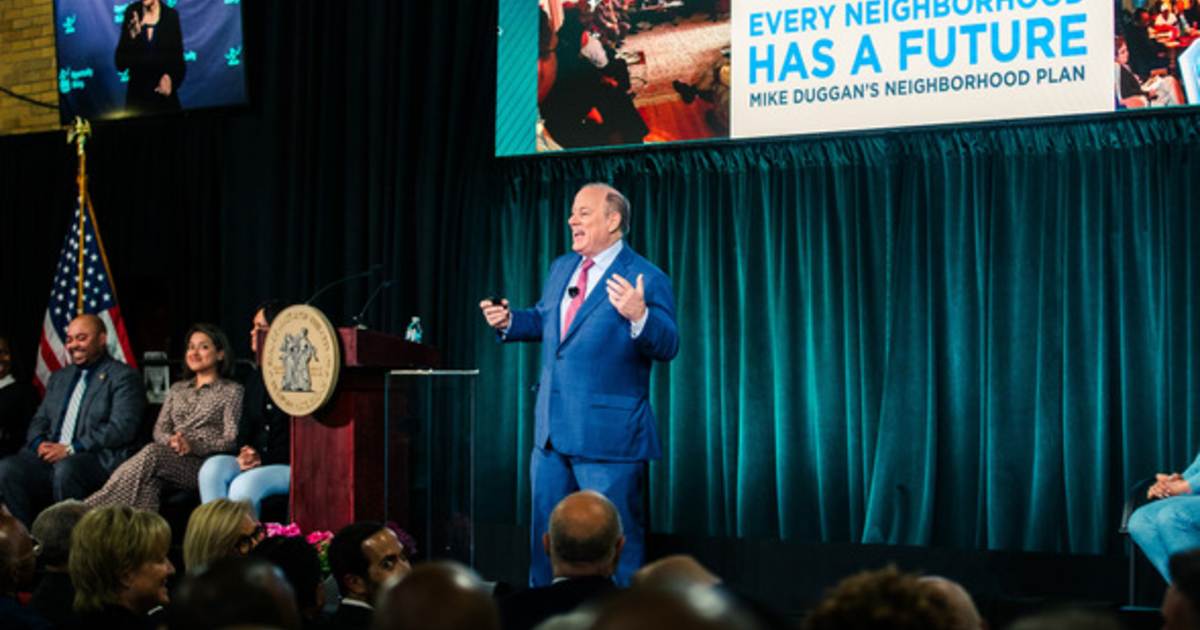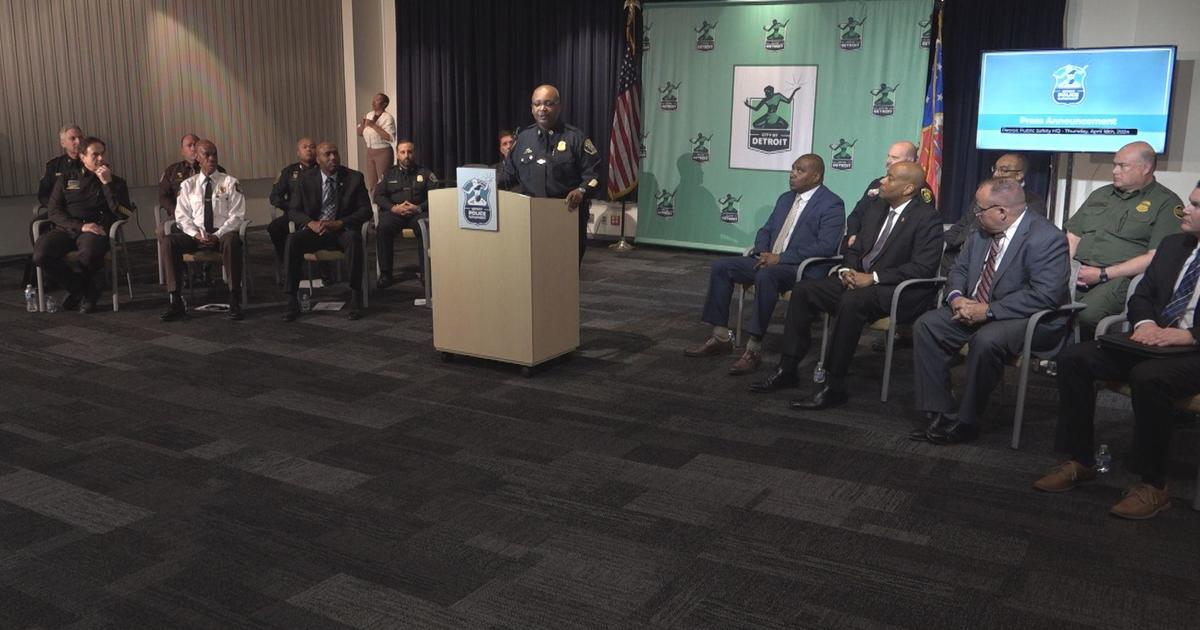NFL Replay Booth Playing Bigger Role
By: RACHEL COHEN,AP Sports Writer
NEW YORK (AP) — The Falcons had just been called for a costly pass-interference penalty with Atlanta clinging to a seven-point lead late in Sunday's game against Detroit. Coach Mike Smith's staffers in the booth immediately started yelling in his headset that the ball had been tipped, making the contact legal.
Only he couldn't throw that red flag to request a review.
"With less than two minutes, we had to rely on the officials, but they did a great job," Smith said after the ruling was overturned and the Falcons went on to clinch a 23-16 victory. "They didn't let the Lions snap the ball so the replay official could get a good look, and they made the right call."
We're all hearing more about the replay official this season, after the NFL instituted automatic reviews of every score to try to avoid game-changing mistakes.
All plays after the two-minute warning and in overtime had already been automatically reviewed by an official upstairs. The rest of the time, coaches still must initiate challenges.
The rule change seeks to ensure "we don't have a situation late in the game where they've either burned through their timeouts or used their two challenges, and now we have a critical scoring play outside the two minutes and we have an error and we can't fix it," said Dean Blandino, a consultant to the NFL officiating department who previous served as the league's director of instant replay.
For fans familiar with the sight of a coach tossing a red flag to issue a challenge, the automatic review process may seem a bit mysterious.
In the replay booth, officials simply determine whether the on-field referee should go under the hood to review the play — unlike college, where the official upstairs also makes the decision on whether to overturn the call.
Still, looking over plays is a high tech, multi-person job.
Most of the league's replay officials are retired NFL field officials, and all have officiated football at some level. "We want someone with field experience who's been in the game to be in the replay booth," said vice president of officiating Carl Johnson.
The replay official and his team work in a room in the press box with the same equipment setup in every stadium. Like an airliner cockpit, the door is locked.
The replay official sits in the middle, using a touch screen to pick which clips to watch.
To the right is the video operator, who selects the replays to be examined. The technician is to the left, ready to fix any equipment malfunctions.
There's also the "communicator," who NFL director of officiating David Coleman calls "the eyes and ears of the replay booth." The job includes radioing the field communicator if the referee's pager isn't working and letting the replay official know the ball is about to be snapped during a two-minute drill.
When a touchdown is scored, the referee doesn't set the ball for the extra point until he's buzzed by the booth that the score is confirmed.
"We need indisputable visual evidence to overturn a ruling. Then to confirm it, you need that same level of evidence," Blandino said. "If they don't have that, then they've got to stop the game and bring the referee over."
On an obvious score, the official doesn't even have to wait for a replay — he can just rewind the live feed like a fan using a DVR to watch the play again. The TV feed has a six-second delay, so the official can see the play on the field then immediately catch it again on the screen.
There's no time limit for the review. If the score can't be confirmed right away, the league instructs officials to wait for at least one replay "in a reasonable amount of time," Blandino said.
"We don't want them standing out there for a minute," he said. But officials also shouldn't be afraid to wait an extra five seconds if it prevents a time-consuming referee review.
The video operator records the replays off the live TV feed. The NFL uses only the clips shown by the network broadcasting the game.
NFL coaches in the booth do the same to decide whether to challenge. The Philadelphia Eagles were burned by that in a loss to Atlanta in Week 2, when they didn't challenge Michael Vick's interception because NBC couldn't find a camera angle proving the ball wasn't cleanly caught until too late.
Johnson says the NFL shouldn't provide its own replays.
"It's totally transparent," he said of the current system. "We're making our decision based on what you see."
The replay official and the video operator are part of the nine-person team of officials who travel together from game to game. They used to vary from stadium to stadium, but the pair joined the crew nearly a decade ago to improve communication between the booth and the referee. The video operator rewinds and slows down clips and jumps from one to the other at the request of the referee, who has his own individual preferences on how he likes to view the replays.
"Often the referee has not seen the play. The first time he's seeing it — if it was not something that he personally called — is when he steps into the booth," said Coleman, who spent 11 seasons as a video operator.
Through Week 7 this season, there were 164 replay reviews, up from 152 last year. Coaches' challenges decreased to 82 from 101. More calls under review were being overturned — 45 percent instead of 41 percent — possibly because coaches no longer are challenging scores that would not get called back, because the replay official is able to confirm them.
Whereas the number of replay reviews increased, the average delay decreased to 2 minutes, 27 seconds from 2:40. Blandino believes that's because on a booth-initiated review, the referee doesn't first have to talk to the coach about what's being challenged.
"I do like how the rule has played out thus far and the fact that numbers are the same," Bengals coach Marvin Lewis said. "The fact that the challenge times are down, I think, speaks well for the change of the rule."
Chargers coach Norv Turner would be open to the automatic reviews being added for even more types of plays.
Sometimes the reviews can affect a game on plays a coach never would have challenged. With the game tied and 1:43 left in Week 3, Buffalo's Fred Jackson appeared to score a go-ahead 39-yard touchdown against the New England Patriots. The automatic review resulted in Jackson being ruled down just short of the goal line.
The Bills have never been so happy to have a touchdown called back. They were able to run the clock down then kick the winning field goal, keeping Tom Brady from staging a potential tying drive.
"They got a good break," Brady said. "I wish he would have went into the end zone."
Bills coach Chan Gailey is a fan of the rule change — and not because of that one play.
"I think it's great," he said, "because I don't have to use a challenge."
___
AP Sports Writers Joe Kay in Cincinnati, Larry Lage in Detroit, John Wawrow in Orchard Park, N.Y., and Bernie Wilson in San Diego contributed to this report.



